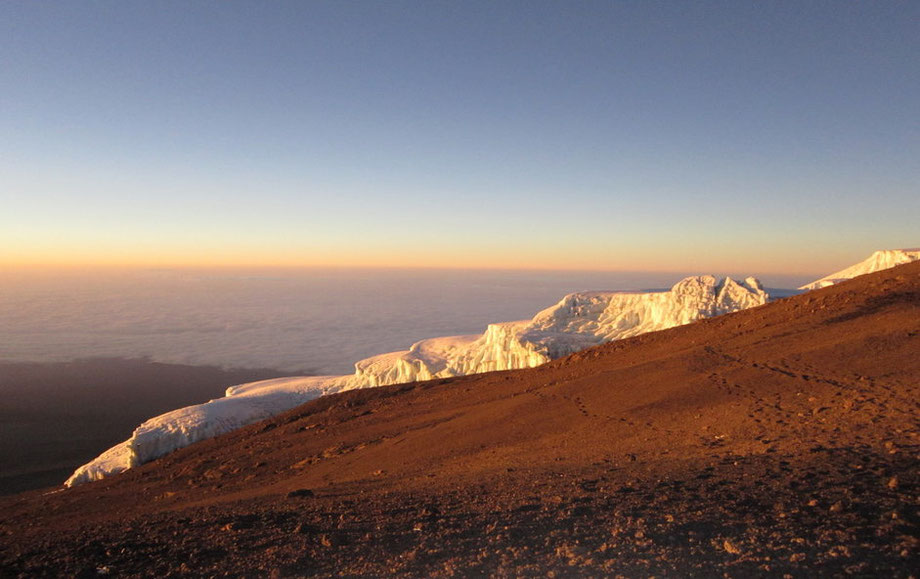South African rally car driver and sports personality Gugu Zulu passed away while climbing Kilimanjaro in aid of the Nelson Mandela Foundation, after suffering from “flu like symptoms” on day 2 of his expedition. As a young, fit, 38-year-old, it’s hard to believe that someone like Gugu would suffer from AMS, but there are no rules when it comes to altitude, and anyone can experience it when hiking over 2,500metres above sea level.
According to research by scientists at Edinburgh University, many Kilimanjaro climbers “know little or nothing” about Acute Mountain Sickness, and as such, they take unnecessary health risks when climbing Africa’s highest mountain.
If you have an expedition to the Roof of Africa coming up, here are a few acclimatization ‘essentials’ that you should know before you pull on your hiking boots…
1: Train for your Kilimanjaro Climb. Hike at high altitude if at all possible, and make sure you are in peak condition for your adventure.
2: It is essential that you climb slowly so that your body can acclimatize to the reduced oxygen levels, so go Pole Pole (meaning slowly, slowly in Swahili), and follow the pace set by your mountain guide. There is no medal for being the first climber to reach Uhuru Peak, so take it easy and enjoy the climb.
3: Eat and Drink as much as you can. You should aim to drink at least 3-4 litres of water per day, and eat a high calorie diet to give your body the fuel it needs to reach the summit. Your appetite may diminish at high altitude, so try to eat as much as possible during the first few days – and worry about your waistline when you get home!
4: Avoid short 5 and 6 day climbs. You need to climb high and sleep low so that your body can adapt to the high altitude, so book at climb that lasts at least 7 or 8 days so that this can be incorporated into your itinerary.
5: Recognise the symptoms. Common symptoms of altitude sickness including headache, dizziness, nausea, vomiting, loss of appetite, shortness of breath, and an increased heart rate. If you experience any of the above, let your mountain guide know immediately. It could be that you are dehydrated, in which case, a litre of water and an Ibuprofen could get you back on your feet in less than an hour, but if you are experiencing AMS, the only option is to descend to safer ground.
Climbing Kilimanjaro should be a wonderful, life-changing experience, but there are risks involved, and while no one can tell you how your body is going to react at high altitude, educating yourself before you leave for Tanzania will help make your climb a whole lot safer, and hopefully, more successful!


Write a comment